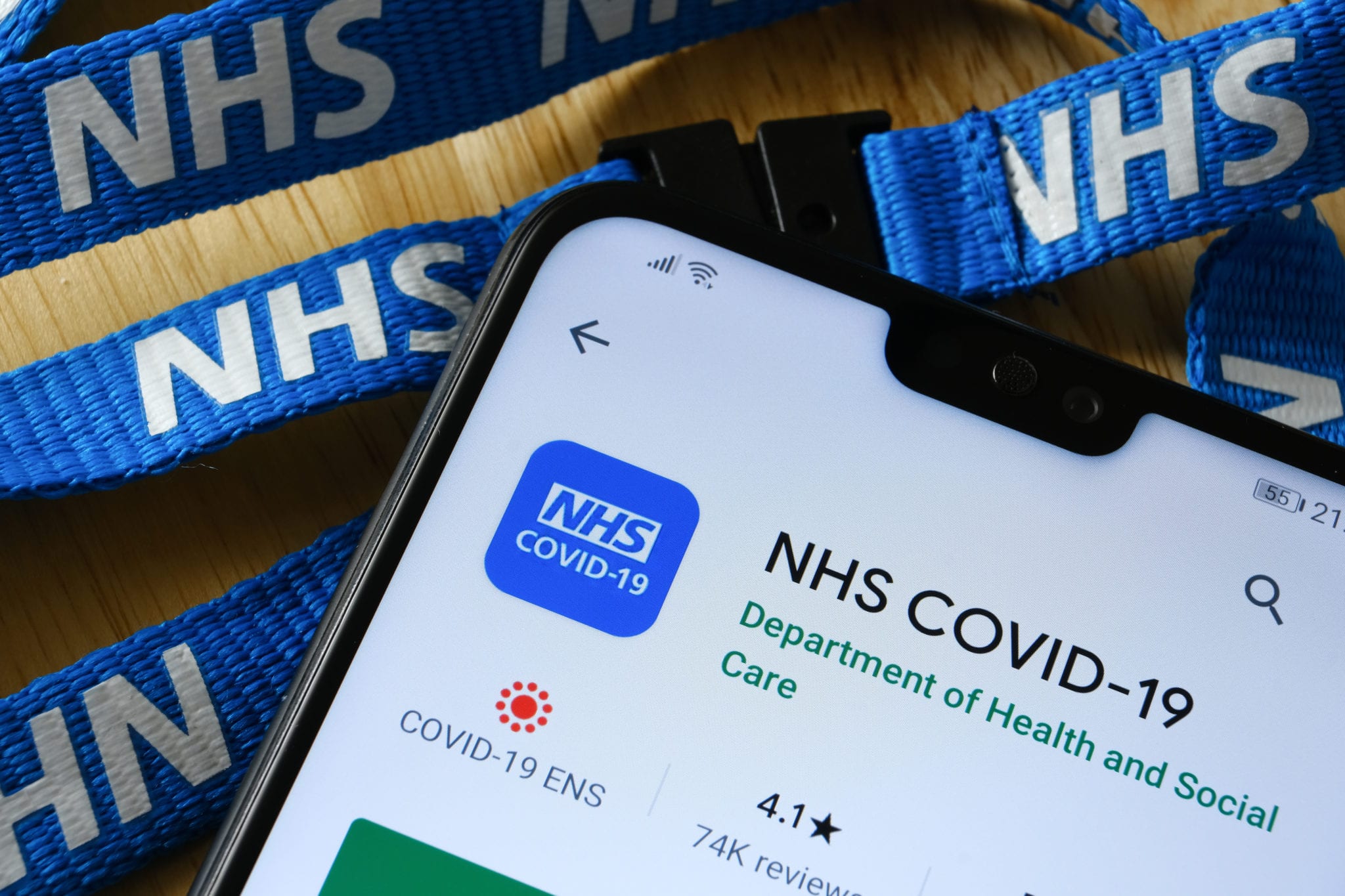NHS Test and Trace in the workplace: for employees
Yesterday, we published a blog post on how NHS Test and Trace affects employers.
This blog post will talk about NHS Track and Trace from the point of employees and what they should do if they test positive, as well as the support that is available.
What should you do?
To limit household mixing, you should continue to work from home if you can. If it is not possible, then you are able to travel for work purposes.
If you do start to develop symptoms you should order a free test immediately.
You can read our blog post about Rapid Tests here.
If you have a positive test
If you have a positive test, you are legally required to isolate for 10 days.
NHS Track in Trace will be in contact so that you are able to provide details for anyone you have been in close contact with. They will be notified and be instructed to self-isolate.
Your result can be shared anonymously by you on the NHS COVID-19 app (which I’m sure we have all become familiar with over recent months). This will alert any users that you have been in contact with of any isolation procedures they need to undertake.
If you are told to self-isolate, you must stay at home
If you have been told to self-isolate, you are not allowed to work anywhere other than your place of isolation.
You have a legal duty to inform your employer as soon as possible that you are not able to return to work.
Failure to do this could result in a £50 fine.
Providing evidence
You can request an isolation note from the NHS If you need to provide evidence of a positive test result, or that you have been in contact with someone who has a positive case.
Close contact
You must order a test as soon as possible if you are identified as a close contact but develop symptoms while self-isolating.
What if I have a negative test?
If you have a negative test, this does not mean you can stop self-isolating.
This is because you still may be in the incubation period (the time between when you are exposed to when you develop symptoms).
Financial support available to those self-isolating
Statutory Sick Pay
You may receive Statutory Sick Pay if it is not possible for you to work.
Some employers may choose to offer more than the statutory minimum – this is known as ‘contractional’ or ‘occupational‘ sick pay.
What if I’m not eligible?
You still may be able to claim for other welfare support such as Universal Credit or New Style Employment and Support Allowance.
You can find further guidance on what to do and you cannot work here.
NHS Test and Trace Self-Isolation Support Payment Scheme
If you have been told to stay at home and self-isolate by either track or trace or the app, you may be eligible for a payment of £500 from your local authority.
This is through the Test and Trace Support Payment Scheme.
This scheme is for people employed or self-employed who are on a low income and are unable to work from home, so are losing income as a result.
You can find more income on the scheme and eligibility criteria here.
Your employer will need to have registered you with the Self-Isolation Service Hub and provide you with your NHS Test and Trace Account ID, along with the one of the person that tested positive. You will not be able to claim for the Test and Trace Support Payment scheme without this.
If you have not tested positive but are a close contact, your employer should call the Self-Isolation Service Hub on 020 3743 6715 to obtain an NHS Test and Trace Account ID for you.
Financial support for the self-employed
If you are self-employed, you should still continue to work from home if you can. If you are not able to, you should follow sector-specific advice.
If your business has been affected by the pandemic, you may be eligible to get a grant through the Self-Employment Income Support Scheme.
Using the NHS COVID-19 app as a worker
The app should always be left with contact tracing turned on, so that it is able to work as intended and so you can be notified if a close contact does test positive for coronavirus.
There may be specific scenarios in the workplace when contract tracing should be paused, such as:
- When working behind a fixed Perspex (or equivalent) screen, where you are fully protected from other people.
- If your phone is stored in a locker or communal area while you are working.
- If you are wearing medical-grade PPE (such as a surgical mask) whilst working in health and social care.
- If you are a healthcare worker working in a healthcare building such as a hospital or GP surgery.
Contact tracing can be paused within the app by moving the contact tracing toggle on the home screen.
It is important that contract tracing is turned back on as soon as you are no longer in one of the above scenarios (such as collecting your phone from a locker).
There is the option in the app, to pause contact tracing for specific time periods – this ensures that you will get a reminder to turn contact tracing back on.
You can read more detail into how NHS Test and Trace affects you as an employee here.
Have you subscribed to our Coronavirus Hub?
Our Coronavirus Hub has all the latest Coronavirus-related news – from lockdowns, restrictions, and business support, we cover pretty much any topic!
Make sure that you subscribe so that you can receive the latest updates.


